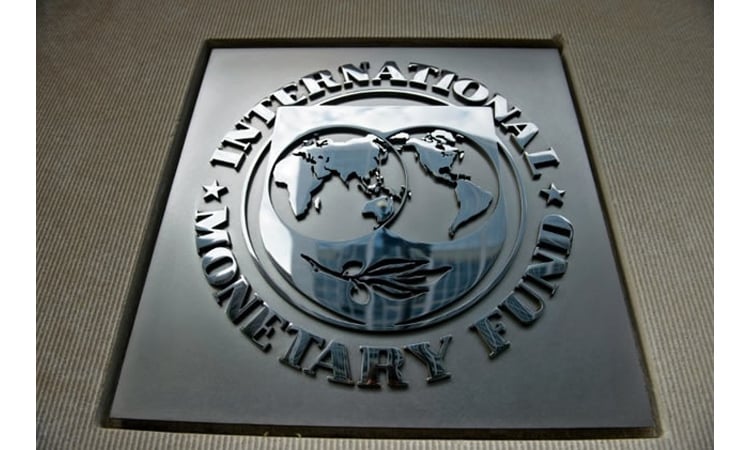News Flash

LAGOS, April 19, 2025 (BSS/AFP) - The International Monetary Fund (IMF) said on Friday that the Nigerian government's tough economic reforms have yet to benefit the average citizen some two years on from their introduction.
After coming to office in May 2023 President Bola Ahmed Tinubu embarked on a deep economic reform programme, which the government and the IMF said was necessary to right the public finances of the continent's most populous country.
But those measures have come at a cost for many ordinary Nigerians, who are facing the worst cost-of-living crisis in a generation.
The government has taken "important steps to stabilize the economy, enhance resilience, and support growth", wrote Axel Schimmelpfennig, IMF mission chief for Nigeria, in a statement.
But those "gains have yet to benefit all Nigerians as poverty and food insecurity remain high", he said following nearly two weeks of routine talks with officials and civil society representatives in the country.
"The outlook is marked by significant uncertainty," he said, warning that heightened global uncertainty and lower oil prices will not spare the Nigerian economy.
However, Tinubu's reforms have placed the economy in a "better position to navigate this external environment", he said.
The measures included liberalising the battered naira currency, cutting fuel subsidies -- which allowed the state to keep petrol prices low for decades -- and ending the central bank's financing of the fiscal deficit.
The World Bank said in October that poverty in Nigeria has soared over the last six years, affecting more than half of the population, with 129 million people now living in poverty.